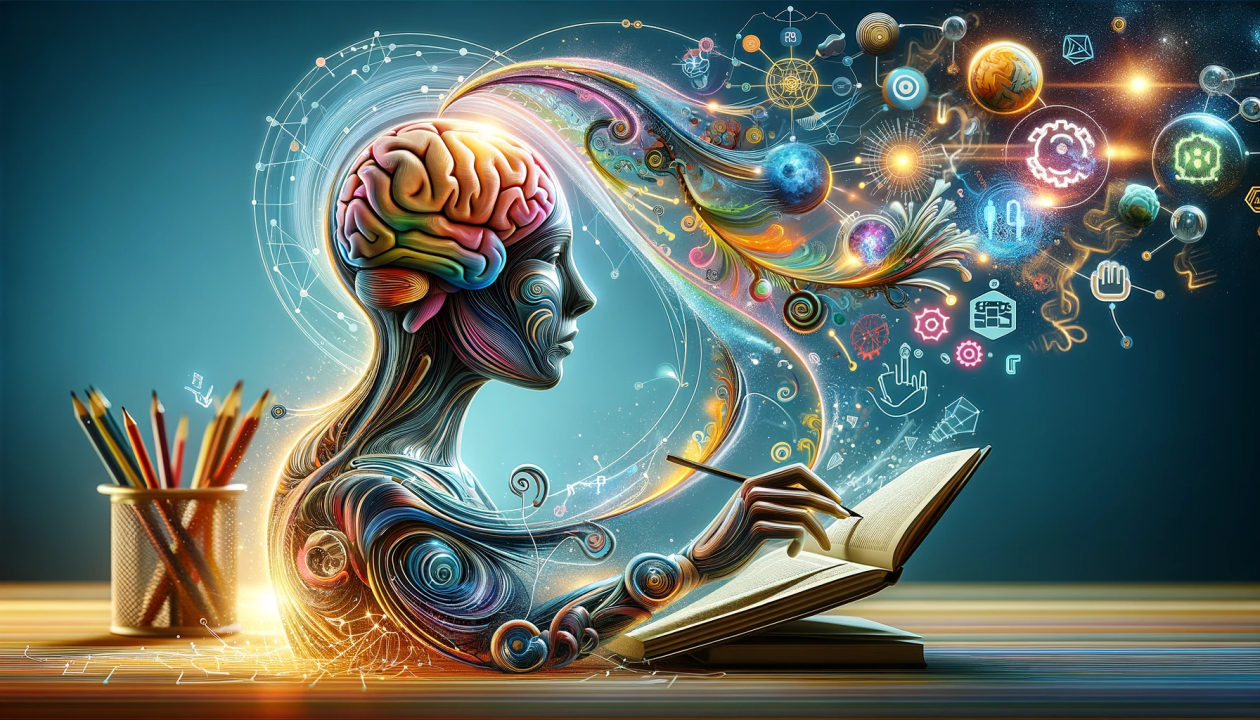
New Study Highlights Brain’s Ability to Store and Adapt Memories Dynamically 1
The human brain’s ability to form, store, and retrieve memories is one of its most remarkable functions. Recent research by Professor Flavio Donato and his team at the Biozentrum, University of Basel, has provided fresh insights into the intricate mechanisms that underlie this complex process. Their study, conducted using mouse models, sheds light on how the hippocampus—a crucial brain region involved in memory formation—manages and stores memories through multiple parallel copies distributed across different groups of neurons developed at various stages of embryonic growth.
How the Brain Stores Memories
The hippocampus plays a central role in the formation of new memories, particularly those related to events and experiences, often referred to as episodic memories. The study reveals that the hippocampus does not rely on a single memory trace but instead manages a single memory event through multiple parallel copies. These copies are distributed across different groups of neurons, each developed at different times during embryonic development.
Interestingly, the research highlights that neurons born early in development are vital for the long-term retention of memories. Initially, these early-born neurons produce weak memory traces, which, however, strengthen over time, ensuring that memories are retained for the long term. In contrast, memory copies formed by neurons that emerge later are initially strong but tend to weaken as time passes. Neurons developed between these early and late stages contribute to creating more stable memory representations that can persist over time.
The Role of Neuron Development in Memory Retention
The study’s findings underscore the importance of the timing of neuron development in memory retention. Early-born neurons are crucial for ensuring that memories are not only formed but also maintained over extended periods. On the other hand, the memory copies associated with neurons that develop later in the process tend to be more transient. This transience makes them more adaptable, allowing for the integration of new information shortly after an event.
This dynamic process highlights the brain’s plasticity—the ability to change and adapt, which underpins its vast memory capacity. As first author Vilde Kveim stated, “How dynamically memories are stored in the brain is proof of the brain’s plasticity, which underpins its enormous memory capacity.”
Memory Modification and Adaptability
The study also suggests that the brain’s ability to choose between different memory copies impacts how easily memories can be altered or updated. For instance, memories associated with late-born neurons, which are more transient, can be more readily modified. This adaptability is crucial for allowing the brain to integrate new information and adjust memories based on changing circumstances.
Professor Flavio Donato explained the significance of this adaptability: “The challenge the brain faces with memory is quite impressive. On one hand, we must remember what happened in the past to help us make sense of the world we live in. On the other, it needs to adapt to changes happening all around us, and so must our memories, to help us make appropriate choices for our future.”
Implications for Memory Enhancement and Therapy
The study’s findings open new avenues for understanding how memories are formed, retained, and modified. By manipulating specific memory copies and their timing, it may be possible to influence how we remember and update our memories. This could have significant implications for developing new strategies to enhance memory function, particularly in conditions where memory is impaired, such as in Alzheimer’s disease or other forms of dementia.
In summary, the research conducted by Professor Donato and his team provides critical insights into the dynamic nature of memory storage in the brain. By understanding how different neuron groups contribute to memory formation and retention, scientists can explore new ways to enhance memory and potentially address memory-related disorders.








